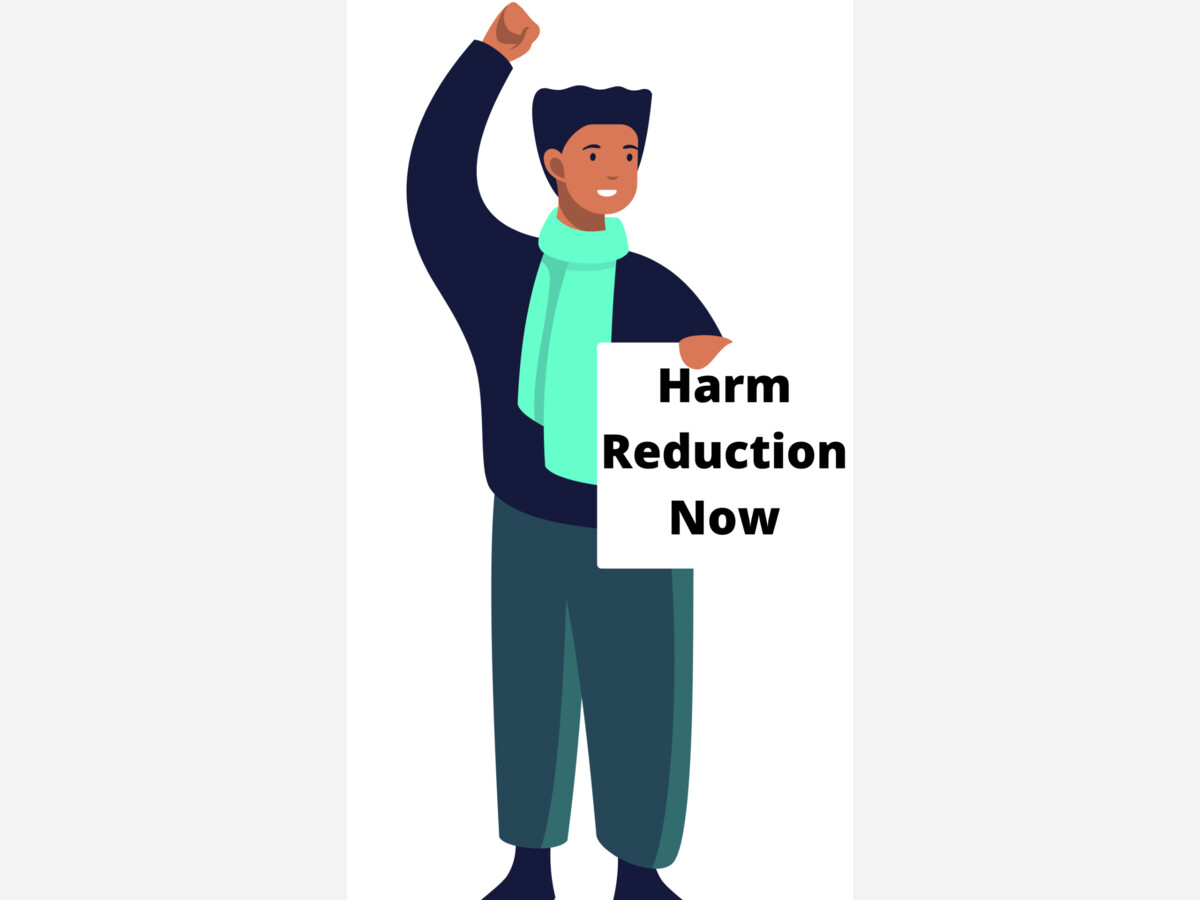Image

On January 28, Assemblymember James C. Ramos held an event to promote two bills aimed at curbing the opioid epidemic in the state. One of these, Measure AB 1628 would "require an online platform, as defined, that operates in the state to create a policy statement that includes, among other things, an explicit prohibition on the use of the online platform to illegally distribute a controlled substance, as defined, and to publicly post that policy statement in a manner conspicuous to all its users." It also requires them to "submit that policy statement to the Attorney General and partner with specified entities to assist in developing and supporting the policy statement."
The bill is reminiscent of the controversial "EARN IT Act," which has advanced in the Senate, and which critics say violates the fourth amendment. Harm reduction groups also say EARN IT would make harm reduction workers, sex workers, and sex educators less safe as well as violate privacy.
Retired police sergeant Steve Filson whose daughter Jessica died from a fentanyl-related overdose in 2020, lamented, “But for fentanyl, our kids would still be here.” “In being deceived, they were poisoned. In being poisoned, they were murdered,” he said.
Jaime Puerta, whose son Daniel Puerta-Johnson also died of a fentanyl overdose in 2020 at age 16 said “due to the stigma of addiction, no one is really talking about it.”
'We’re not going to arrest our way out of this problem,” he said, though he supported AB 1628, saying Snapchat in particular is the “perfect delivery system (of illicit substances) to the most vulnerable of our society.”
Social media platforms, Puerta said, claim the protection of Section 230 of the 1996 Communications Decency Act. Critics of 230 reform cite free speech and privacy concerns, among others.
Daphne Keller, Director of the Program on Platform Regulation for the Stanford Cyber Policy Center said, “International human rights officials and courts have repeatedly warned that laws requiring platforms to monitor their users' speech can violate those users' rights to free expression and privacy. This kind of state-mandated surveillance can also have serious disparate impact, because of bias baked in to the automated tools that platforms will inevitably rely on.”
Derek Bambauer, Professor of Law at the University of Arizona, said the law will likely be ineffective “because it does not require platforms (nor could it!) to take more effective steps against the unlawful distribution of controlled substances. All it does is require them to take a public stance on distribution (that it’s bad!) and to give a copy of that document to the State Attorney General.”
He went on to say, “Put simply, the bill is sound and fury, signifying nothing. It won’t do any good and it won’t survive a court challenge. Californians deserve better from their legislators.”
Precedent does exist for specific exceptions to Section 230. A 2021 Texas Supreme Court case found Facebook responsible for monitoring human trafficking occurring on its site, stating “section 230 is no model of clarity, and there is ample room for disagreement about its scope.”
Marshall W. Van Alstyne, Professor in the Information Systems Department of Boston University agreed, saying, “The Ramos bill would likely have bite. While Section 230 of the Communications Decency Act generally shields platforms from user generated content, it has specific carve outs for content promoting federal crimes.”
Ochoa Bogh and Ramos hugged following the event, which took place in the wake of James Ramos's announcement on January 11 that he would run for re-election in 2022.
For free Narcan, visit https://www.ieharmreduction.org/ or call (951) 364-5311.